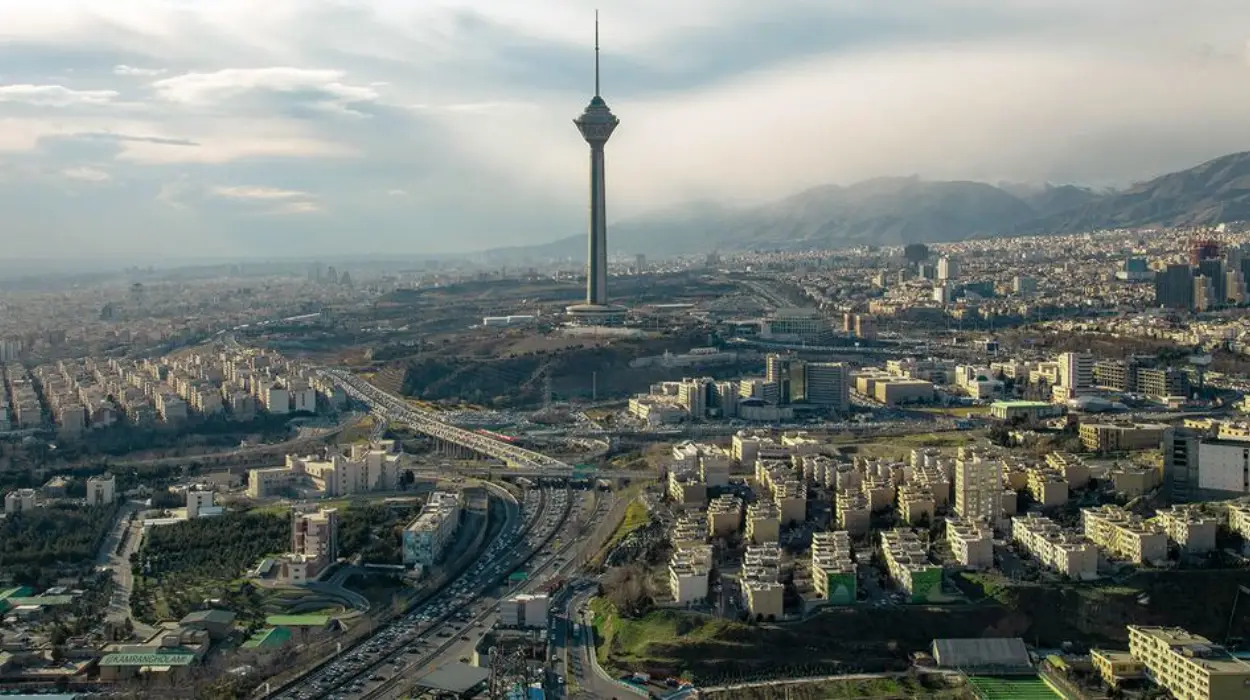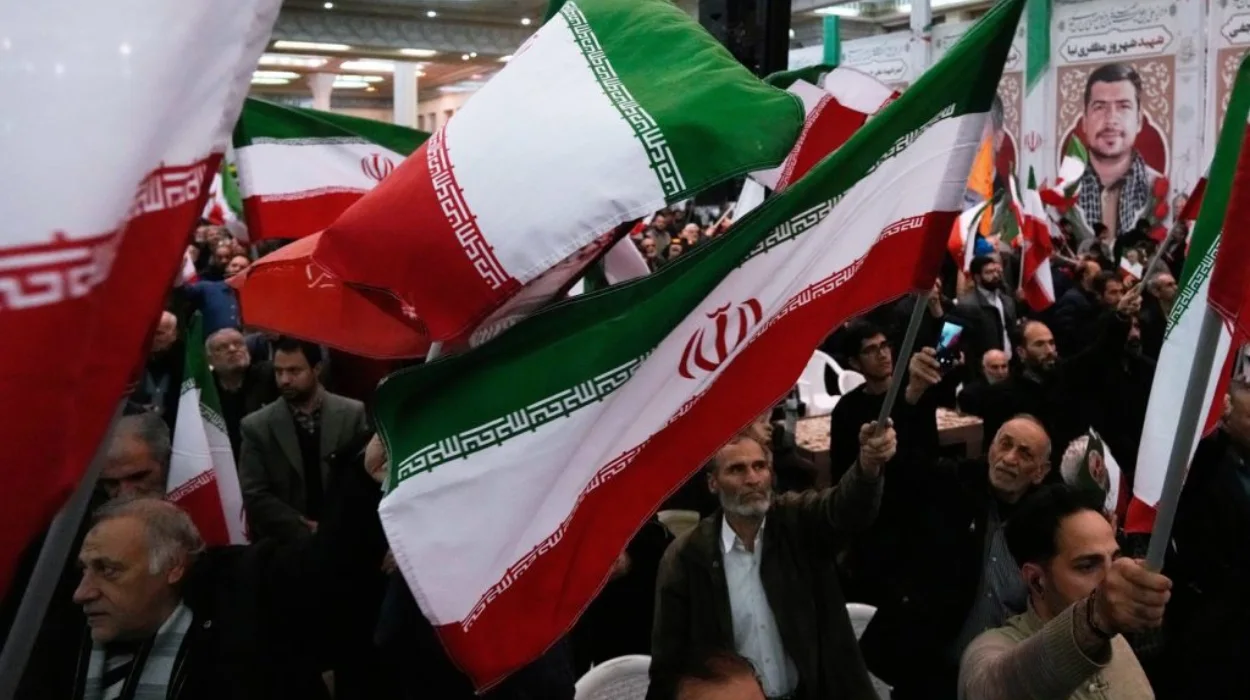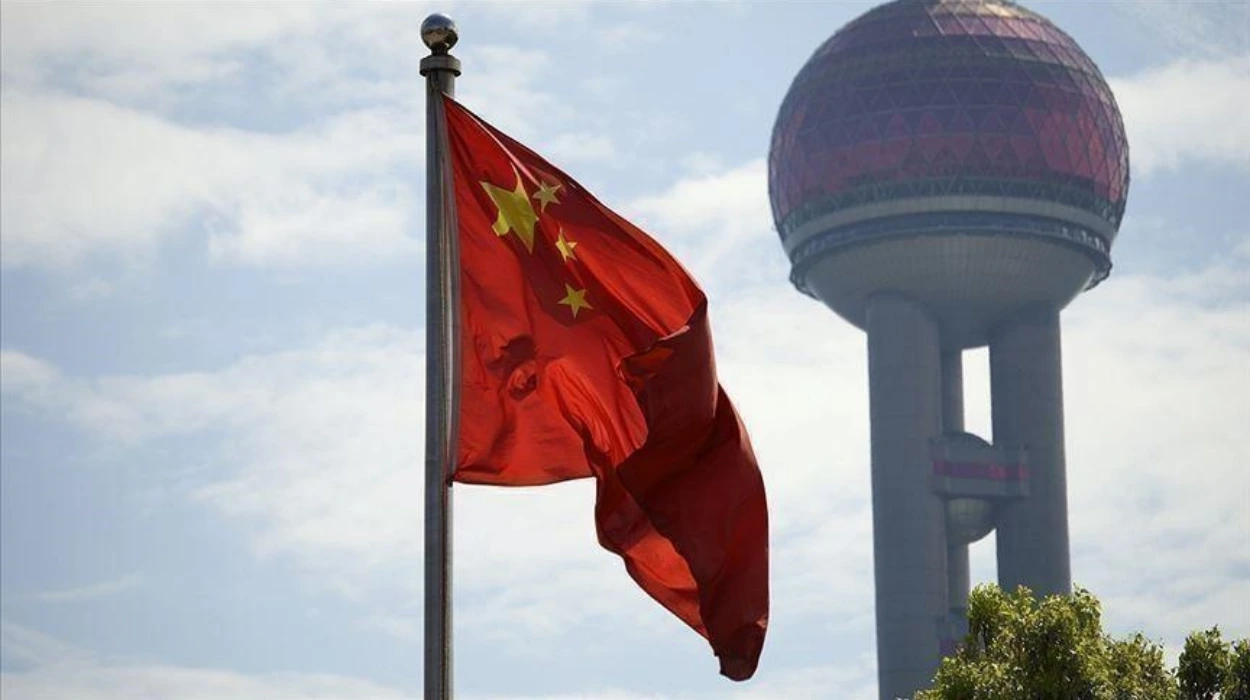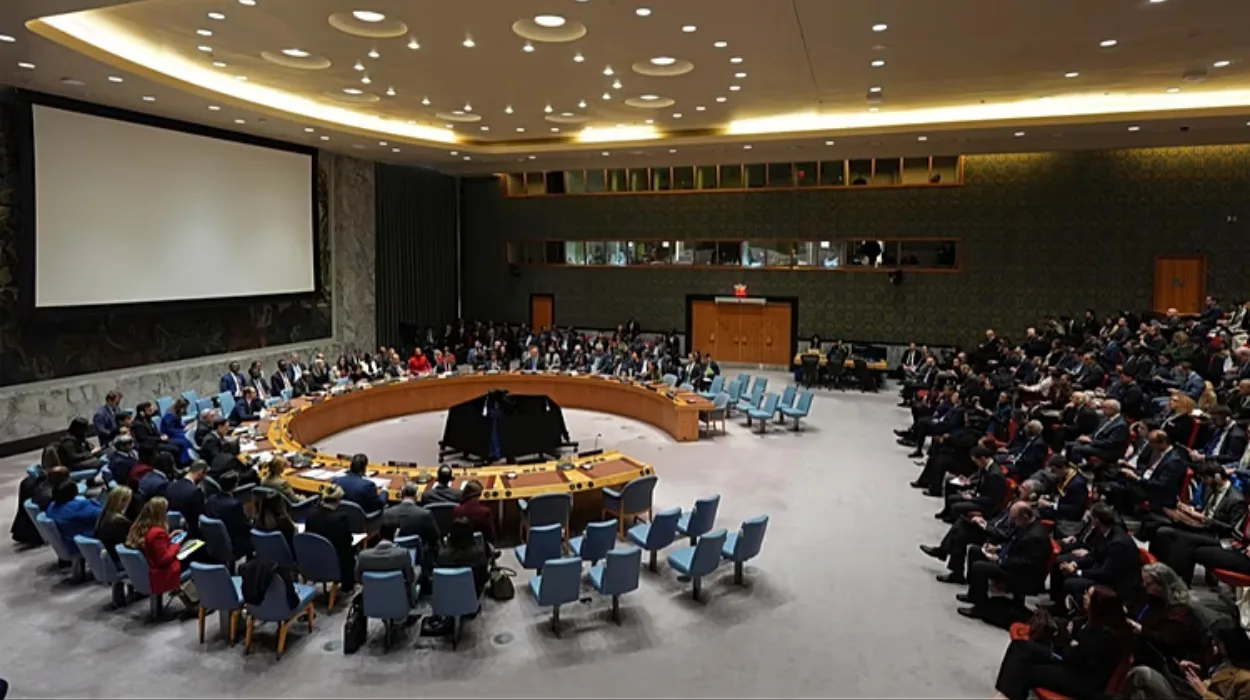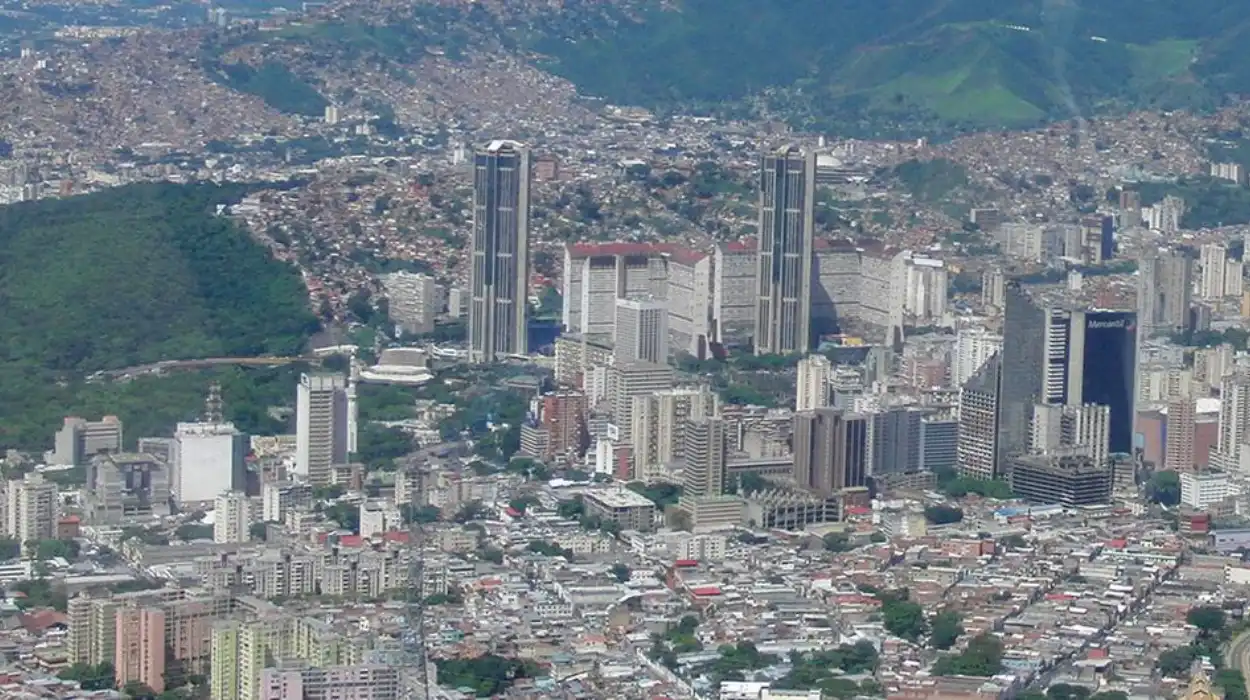World aid funding reductions, spearheaded by the United States, are disrupting vaccination efforts against killer diseases nearly as much as the COVID-19 pandemic impacted, the United Nations reported.
Cases of infectious diseases such as meningitis, measles and yellow fever have been rising around the world.
Emergency and routine immunizations in the meantime were drastically impacted in almost half of the nations at the beginning of April as a result of the budget reductions, as per reports by World Health Organization posts in 108 predominantly low and lower-middle income nations.
Budget cuts also cut back on vaccine supplies and disrupted disease surveillance, the WHO and UNICEF stated in a joint statement with Gavi, the Vaccine Alliance. “Slips (are) at a comparable rate to what we experienced with COVID-19. We cannot risk falling behind in the battle against preventable disease,” UNICEF executive director Catherine Russell stated.
COVID-19 brought what was described as the greatest backward step in a generation in childhood immunization, and cuts to aid funding by the U.S. – once the largest donor in the world – threatened the same, the joint statement stated.
They urged that funding for childhood immunization be sustained prior to Gavi’s funding round set to launch in June. The group aims to secure $9 billion for its initiatives covering the period from 2026 to 2030. Sania Nishtar, Gavi’s CEO, indicated that combating the rise of infectious diseases is feasible- provided the organization receives full funding.
According to the agencies, measles cases have risen annually since 2021, meningitis saw a significant uptick in Africa last year, and yellow fever cases also increased after a decade of decline.
Last month, an internal U.S. government document revealed plans to continue reducing funding to UNICEF and the WHO. This decision is part of broader efforts to streamline and prioritize foreign aid, in line with the “America First” policy, which includes cancelling approximately $300 million in annual contributions to Gavi.
Last week, the U.S. State Department informed Reuters that it has nominated Mark Lloyd, the assistant administrator for global health, to Gavi’s board of 28 members. The U.S. position was previously unoccupied. Both the U.S. State Department and Gavi refrained from commenting on the implications for U.S. funding.


